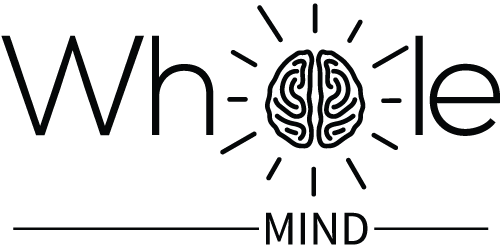Medication Assisted Treatment
Medication-Assisted Treatment (MAT) integrates medications with behavioral health interventions, recognized as the gold standard in addiction treatment. Proven effective for opioid use disorder, alcohol use disorder, and stimulant use disorder, MAT offers comprehensive support for individuals on their path to recovery.
Studies indicate that when paired with counseling and therapeutic approaches, Medication-Assisted Treatment (MAT) effectively addresses substance use disorders. Recognized by the Substance Abuse and Mental Health Services Administration (SAMHSA) as a valuable tool for sustaining recovery, MAT not only demonstrates clinical efficacy but also notably diminishes the necessity for inpatient detoxification services among those grappling with opioid addiction, including prescription pain medication, fentanyl, or heroin.
Examples of Medications
-
Used for managing opioid dependence, Suboxone combines buprenorphine and naloxone. Buprenorphine reduces cravings and withdrawal symptoms as a partial opioid agonist, while naloxone helps prevent misuse by blocking opioid effects.
-
Similar to Suboxone but containing only buprenorphine, Subutex is used for opioid dependence management. It lacks naloxone, making it suitable for individuals sensitive or allergic to naloxone.
-
Administered monthly as an extended-release injection, Sublocade contains buprenorphine and is utilized for moderate to severe opioid use disorder treatment.
-
Another extended-release injectable form of buprenorphine, Brixadi provides flexible dosing options, including weekly and monthly injections, for opioid dependence treatment.
-
Used to prevent relapse in individuals detoxed from opioids or alcohol, Vivitrol is an extended-release injectable naltrexone formulation. It acts as an opioid antagonist, blocking the effects of opioids and alcohol.
-
Available in oral and injectable forms, naltrexone blocks opioid and alcohol effects, aiding in relapse prevention by reducing the rewarding effects of these substances.
-
An opioid antagonist utilized as an emergency medication, naloxone rapidly reverses opioid overdose by binding to opioid receptors, displacing opioids, and restoring normal breathing.



